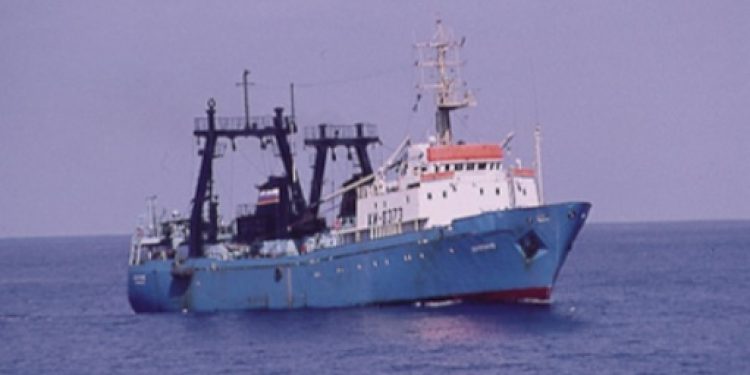Following two weeks of intense but constructive negotiations, last week the session closed for the United Nations Preparatory Committee for a new legally-binding instrument under the UN Convention on the Law of the Sea (UNCLOS) for the conservation and sustainable use of marine biodiversity in areas beyond national jurisdiction.
This second session, which followed up on one that had taken place earlier this year, continued to examine the substantive issues pertaining to marine genetic resources (elements agreed to in UNGA Resolution 69/292) – for instance questions regarding the sharing of benefits, area-based management tools and marine protected areas, environmental impact assessments, capacity building and the marine technology transfer.
The session had an exceptional turnout, with high-level representatives from most countries and regions, including land-locked ones, and from intergovernmental organisations, business and civil society taking part, underlining the importance and sensitivity of this round of meetings.
The committee will meet again next year for two final sessions, after which a decision of the UN General Assembly in 2018 is expected to set up a formal intergovernmental treaty conference to negotiate the new treaty.
‘Once more, the European Union was a key player at this meeting and showed a tangible will to develop a new UNCLOS implementing agreement for marine biodiversity in areas beyond national jurisdiction,’ said EU fisheries commissioner Karmenu Vella.
‘We believe it is our role to underscore the commitment of the international community to achieve healthy and productive oceans. We are satisfied with the outcome, as we made a step forward in our understanding of the issues and areas of common concern.’
He commented that there is also general consensus among delegates that the new instrument should respect the balance of rights and obligations contained in the Convention and should build on the work of the existing organisations, improving it through more cooperation and a more integrated approach to all activities in the oceans, as dictated by the modern principles of sustainable development.
‘I congratulate all participants for their constructive engagement so far and encourage them to keep this momentum until next year, so that the formal intergovernmental treaty conference can be convened and ultimately a new treaty can be born. Such a treaty is bound to become a major pillar of international ocean governance and help us achieve healthy and productive oceans for current and future generations.’









